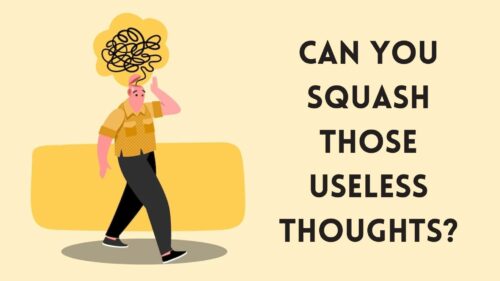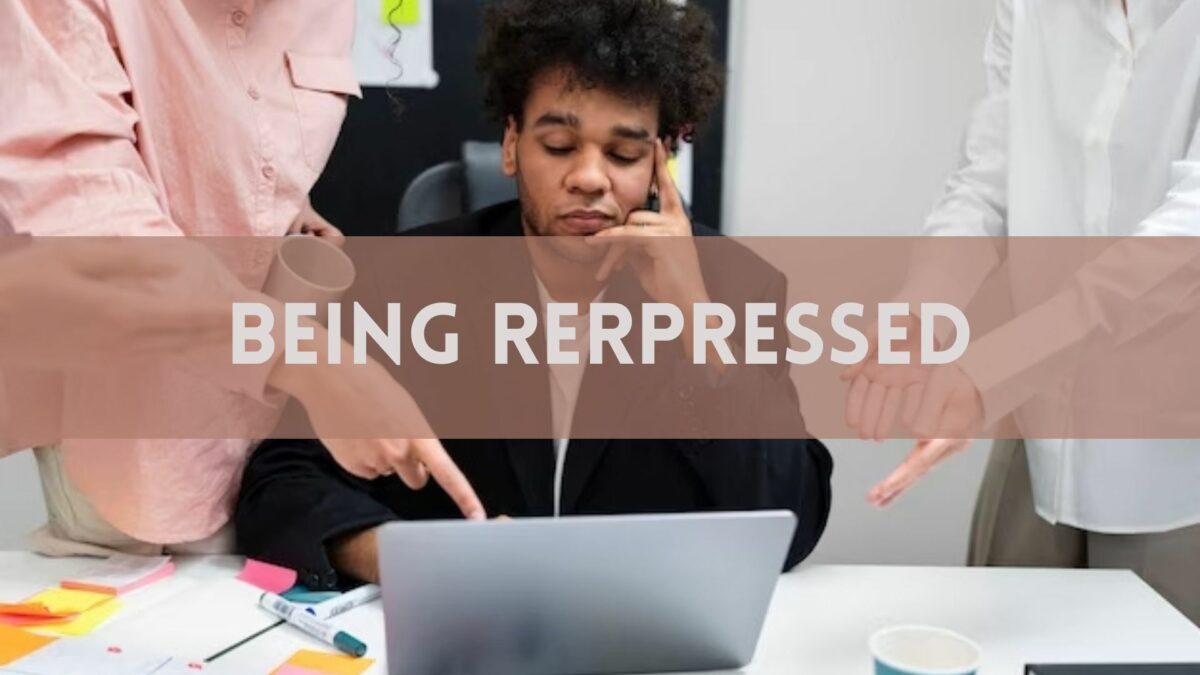10 points if you can name the movie where the title comes from!
If you’ve ever been on a diet, you probably have suffered through the hunger pangs associated with the caloric reduction your stomach is experiencing.
“FEED ME!” your stomach (and Monkey Brain) yell at you.
By the way, Monkey Brain is what I call the limbic system. To learn more about it and why I call it Monkey Brain, as well as to receive a free e-book, you can sign up here.
What is your gut response (hah!) to this double-sided attack?
Stop thinking about food! Just stop it! The hunger will go away! Just don’t think about it!
But, does this approach work? And will it help you when you’re tempted to spend money spuriously on things you know you don’t need?
Dr. James Erskine from the University of London and his team conducted research on smokers to answer the question of what effects thought suppression had on the smoking behavior of participants in the experiments. They broke the experiment into three weeks. In the first and third weeks, participants were told to live their lives and smoke like normal, to establish a baseline of behavior. In the second week, though, participants were told to either think more about smoking, try to think less about it, or carry on normally.
Can You Squash Those Useless Thoughts?

Erskine’s team discovered that in the short term, thought repression worked.
People were particularly vigilant because they were thinking about not thinking about smoking.
However, it came at a price. Those participants who suppressed their thoughts reported significantly higher amounts of stress than the other two groups.
During week 3, when they stopped trying to control their thoughts, the thought suppression group suffered what is called a rebound effect – the behaviors that they were trying to stop increased compared to the baseline in week 1.
Much like the Knights who say “Ni” wound up saying “it” because they were aware that they said “it…”
https://www.youtube.com/watch?v=QTQfGd3G6dg
when we actively suppress thoughts, we’re making ourselves more aware of the thing that we are trying to avoid.
As we saw in “Monkey Brain is a Lip Reader,” one of the psychological channels by which we become more comfortable with an activity or an item is how easily our brains can access that information. By thinking about not thinking about doing something, we, paradoxically, make it easier to think about doing the same thing later because, in reality, we are thinking about it.
Furthermore, by fighting to not think about something, we are wearing our minds out, and, as we saw in “How Ego Depletion Allows Monkey Brain to Buy Junk,” if you keep saying “no,” you will eventually say “yes,” and you are more likely to say “yes” to something that you really did not want to (like smoking).
Try this phrase instead

A couple of years ago, I came across this article by James Altucher. I was the type who would get incensed at the person who cut me off in traffic.
It was not useful.
So, instead of trying to suppress those thoughts, I simply told Monkey Brain that those thoughts were “not useful.”
Just as my dog stops random whining if we ignore him, Monkey Brain learned that I was going to ignore him when he had useless thoughts.
I’m a much calmer, saner driver now because of the power of that one little phrase.
Next time you’re tempted to break that diet or go on a bout of retail therapy, instead of trying to suppress those thoughts, use Altucher’s much simpler approach. You may find yourself more successful at not giving in, and much less stressed.
How do you fight urges? Have you tried Altucher’s approach? Let’s talk about it in the comments below!
Author Profile
- John Davis is a nationally recognized expert on credit reporting, credit scoring, and identity theft. He has written four books about his expertise in the field and has been featured extensively in numerous media outlets such as The Wall Street Journal, The Washington Post, CNN, CBS News, CNBC, Fox Business, and many more. With over 20 years of experience helping consumers understand their credit and identity protection rights, John is passionate about empowering people to take control of their finances. He works with financial institutions to develop consumer-friendly policies that promote financial literacy and responsible borrowing habits.
Latest entries
 Low Income GrantsSeptember 25, 2023How to Get a Free Government Phone: A Step-by-Step Guide
Low Income GrantsSeptember 25, 2023How to Get a Free Government Phone: A Step-by-Step Guide Low Income GrantsSeptember 25, 2023Dental Charities That Help With Dental Costs
Low Income GrantsSeptember 25, 2023Dental Charities That Help With Dental Costs Low Income GrantsSeptember 25, 2023Low-Cost Hearing Aids for Seniors: A Comprehensive Guide
Low Income GrantsSeptember 25, 2023Low-Cost Hearing Aids for Seniors: A Comprehensive Guide Low Income GrantsSeptember 25, 2023Second Chance Apartments that Accept Evictions: A Comprehensive Guide
Low Income GrantsSeptember 25, 2023Second Chance Apartments that Accept Evictions: A Comprehensive Guide

